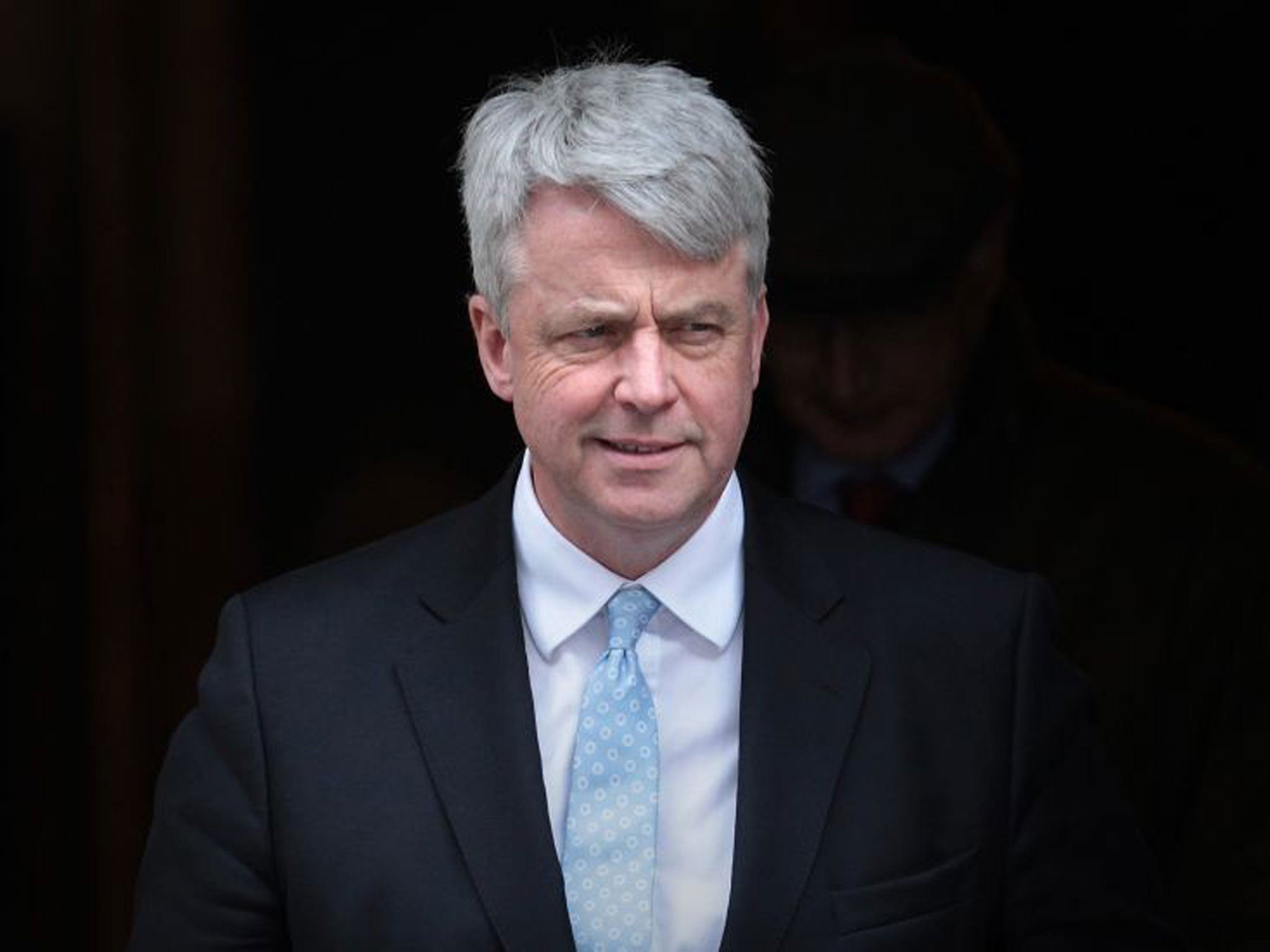Andrew Lansley's lobbying Bill is still a 'dog's breakfast'
Charities caught up in confusing legislation intended to regulate lobbyists and lobbying

Andrew Lansley's last-minute efforts to revamp the heavily criticised lobbying Bill has meant the Government has spent the last month in "a headless chicken run" on flawed legislation that will have a "chilling effect" on the efforts of charities and campaigning organisations, according to an electoral lawyer and a rights activist.
Mr Lansley, the controversial former health secretary who is now Leader of the Commons, is again under fire after the Government last week published a series of amendments designed to improve the Bill, described in August by the head of the Commons constitutional reform select committee, Graham Allen, as a "dog's breakfast".
The Commons will revisit Mr Lansley's awkwardly-named "Transparency of Lobbying, Non-party Campaigning and Trade Union Administration Bill" on Tuesday. However, the claimed "improvements" made after Mr Allen's committee questioned the House leader last month appear to have made the legislation even worse.
New reduced spending limits applying to campaign groups – but not to political parties – and lower thresholds for registration with the Electoral Commission have been listed without explanation in the Bill. Ros Baston, a lawyer previously at the Electoral Commission, said: "It appears that the Government has been taken aback by the level of opposition and has spent the past few weeks on a headless chicken run. Unsurprisingly, this has resulted in amendments that mystify more than they enlighten."
The amended Bill, effectively having the dual aim of reforming Britain's £2bn lobbying industry and bringing in new controls to limit the overt political activities of campaign groups and trade unions, is now described by Alexandra Runswick, the director of the Unlock Democracy rights organisation, as "a textbook example of how not to draft legislation".
She added: "It is explicitly partisan and is now being rushed through Parliament with very little scrutiny. Huge uncertainty is being created both for the voluntary sector and for the Electoral Commission. As its stands the proposals will have a chilling effect on campaigning."
Iain Anderson, the director of the Cicero lobbying group and chair of the Chartered Institute of Public Relations, said: "The amendments have not changed the scope of the Bill's impact on the lobbying industry. It shows that they [ministers] are not listening. There has been no change to the definition of those who lobby, and who they lobby. Rational arguments and Parliament's wider concerns are being ignored."
Part one of the Bill, directed at the lobbying industry, still targets only professional lobbyists who directly contact ministers and ministerial aides.
When in opposition, David Cameron had forecast lobbying as "the next big political scandal waiting to happen" and promised a statutory register of lobbyists to address the problem. However, the Bill as it stands still exempts 80 per cent of lobbyists and fails to address almost 90 per cent of what the industry routinely does.
Appeals by the lobbying industry's professional associations have largely been ignored by Mr Lansley. One senior lobbying executive told The Independent on Sunday: "Lansley's mistakes in failing to listen to those working at the core of the NHS are being repeated. He is either deaf or just determined not to listen."
Both the National Council for Voluntary Organisations (NCVO) and the Association of Chief Executives of Voluntary Organisations (ACEVO) claim the new amendments for the Bill's part two, relating to campaign groups and trade unions, are creating "uncertainty and ambiguity".
Sir Stuart Etherington, the chief executive of the NCVO, said: "Many organisations, including small community groups, will be required to consult the Electoral Commission before undertaking campaigning activity in an election period in order to ensure they are not falling foul of the new regulations."
While welcoming the attempt to address charities' concerns, Sir Stuart added: "The assurances given by ministers on the floor of the House to ensure that charities will still be able to support specific policies that might also be advocated by political parties, have not been met."
He further warned that despite the Bill's proposed amendments, "much campaigning activity by charities and other voluntary groups will still be covered by this excessively bureaucratic and burdensome regime".
Subscribe to Independent Premium to bookmark this article
Want to bookmark your favourite articles and stories to read or reference later? Start your Independent Premium subscription today.

Join our commenting forum
Join thought-provoking conversations, follow other Independent readers and see their replies